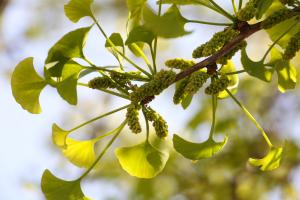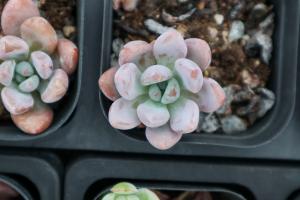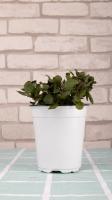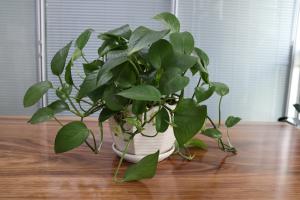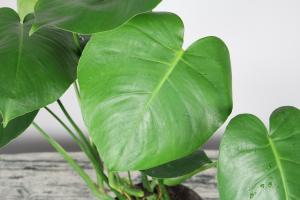Is Molasses Good for Plants?
Molasses is a viscous, brown syrup that is a by-product of sugar production. It is a common ingredient in food and drinks, but did you know that it can also be used in gardening? Many gardeners swear by molasses as a natural and effective way to improve the growth and health of their plants. In this article, we will examine the benefits of using molasses in gardening and answer the question: is molasses good for plants?
What Are the Benefits of Molasses for Plants?
Molasses is a rich source of nutrients that are essential for plant growth and development. It contains high levels of potassium, which is important for root development and overall plant health. Molasses also contains trace amounts of nitrogen, phosphorus, and other micronutrients that are critical for plant growth. In addition to its nutrient content, molasses also helps to improve soil health by increasing microbial activity and promoting the growth of beneficial bacteria and fungi. This can help to prevent disease and improve plant resilience.
How Should Molasses be Used in Gardening?
The most common way to use molasses in gardening is as a soil additive. To do this, you simply mix a small amount of molasses with water and apply it to the soil around your plants. The exact ratio will depend on the type of soil and the specific needs of your plants, but a general guideline is to use one tablespoon of molasses per gallon of water. You can also use molasses as a foliar spray by diluting it in water and spraying it directly onto the leaves of your plants. This can help to improve nutrient uptake and boost overall plant health.
Are There Any Potential Downsides to Using Molasses in Gardening?
While molasses is generally safe to use in gardening, there are a few potential downsides to consider. The first is that molasses can be sticky and attract insects, which may be undesirable for some plants. Additionally, molasses can lower the pH of your soil, so it should not be used excessively or on plants that require a higher pH. Finally, if you are using molasses in outdoor gardening, be aware that it may also attract ants and other pests, which may require additional pest control measures.
Conclusion: Is Molasses Good for Plants?
Overall, molasses can be a beneficial and all-natural way to improve the growth and health of your plants. Its nutrient content and ability to promote beneficial microorganisms make it an attractive alternative to chemical fertilizers and soil amendments. However, it is important to use molasses sparingly and in a way that is appropriate for your specific plants and soil conditions. By following these guidelines, you can reap the benefits of molasses and enjoy a healthier and more vibrant garden.

 how many times do yo...
how many times do yo... how many planted tre...
how many planted tre... how many pine trees ...
how many pine trees ... how many pecan trees...
how many pecan trees... how many plants comp...
how many plants comp... how many plants can ...
how many plants can ... how many plants and ...
how many plants and ... how many pepper plan...
how many pepper plan...
